CityTaps
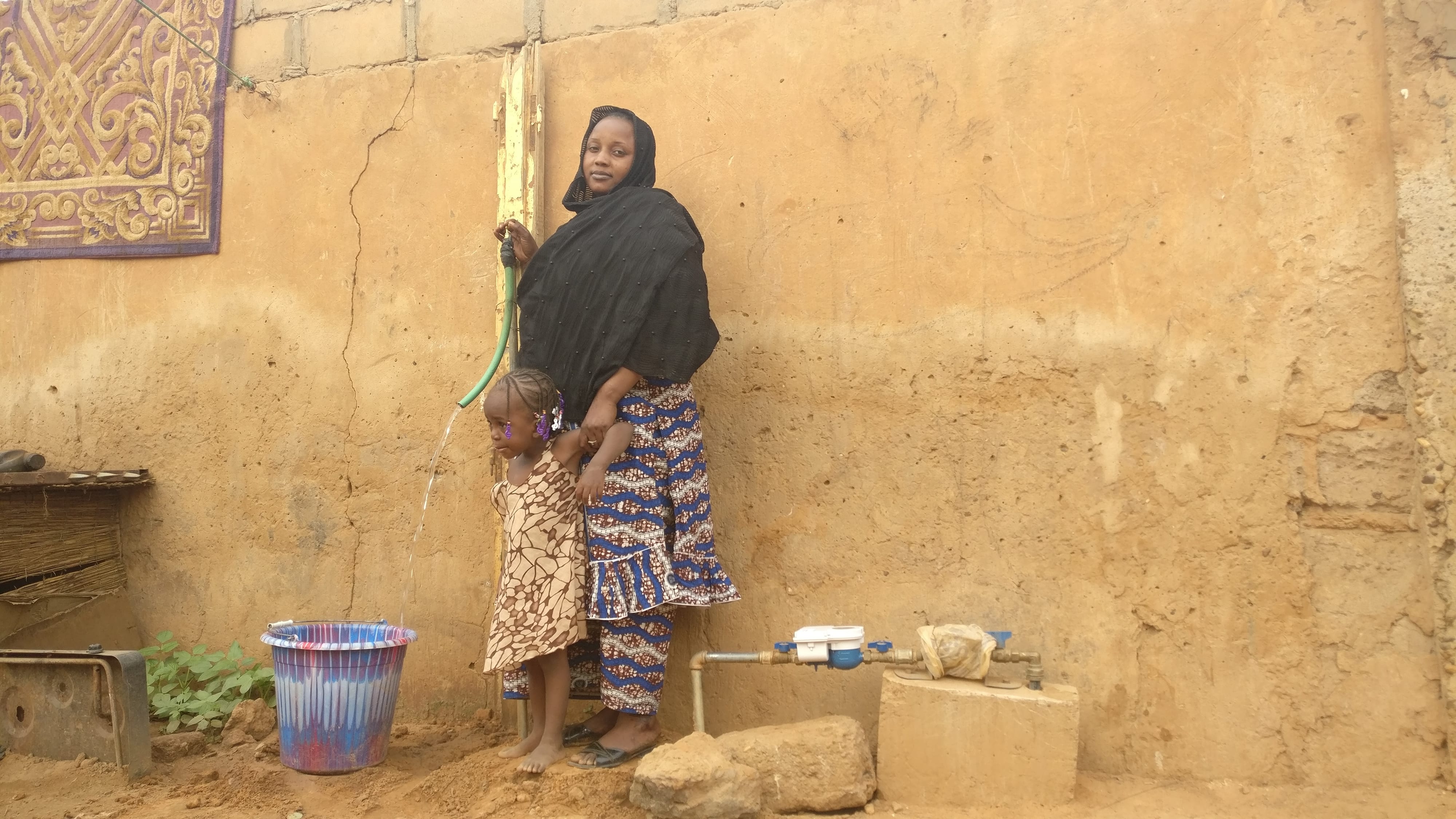
Location
Niger, Burkina Faso, Kenya, Namibia, Tanzania, DR Congo, Djibouti
Sector
Water and Sanitation
Type of Investment
Risk Capital
Project Stage
Test & Transition
Length of Investment
2019+
Website
Investment Overview
CityTaps has developed a solution that bridges the gap between water utilities and the urban poor: a pre-payment service that comprises the world’s only smart and prepaid water metre and billing software.
The Development Challenge
Over 1 billion people living in cities worldwide lack access to running water in their homes, and a significant number of the 3 billion people in developing countries with basic water connections experience extended shortages, either because of failure to pay and/or general water utility mismanagement. All of these individuals suffer several adverse effects from lack of water - whether it be wasted time through having to collect water (especially for women and girls), the cost of accessing more expensive alternatives to running water in their homes, or the health impact of consuming contaminated water.
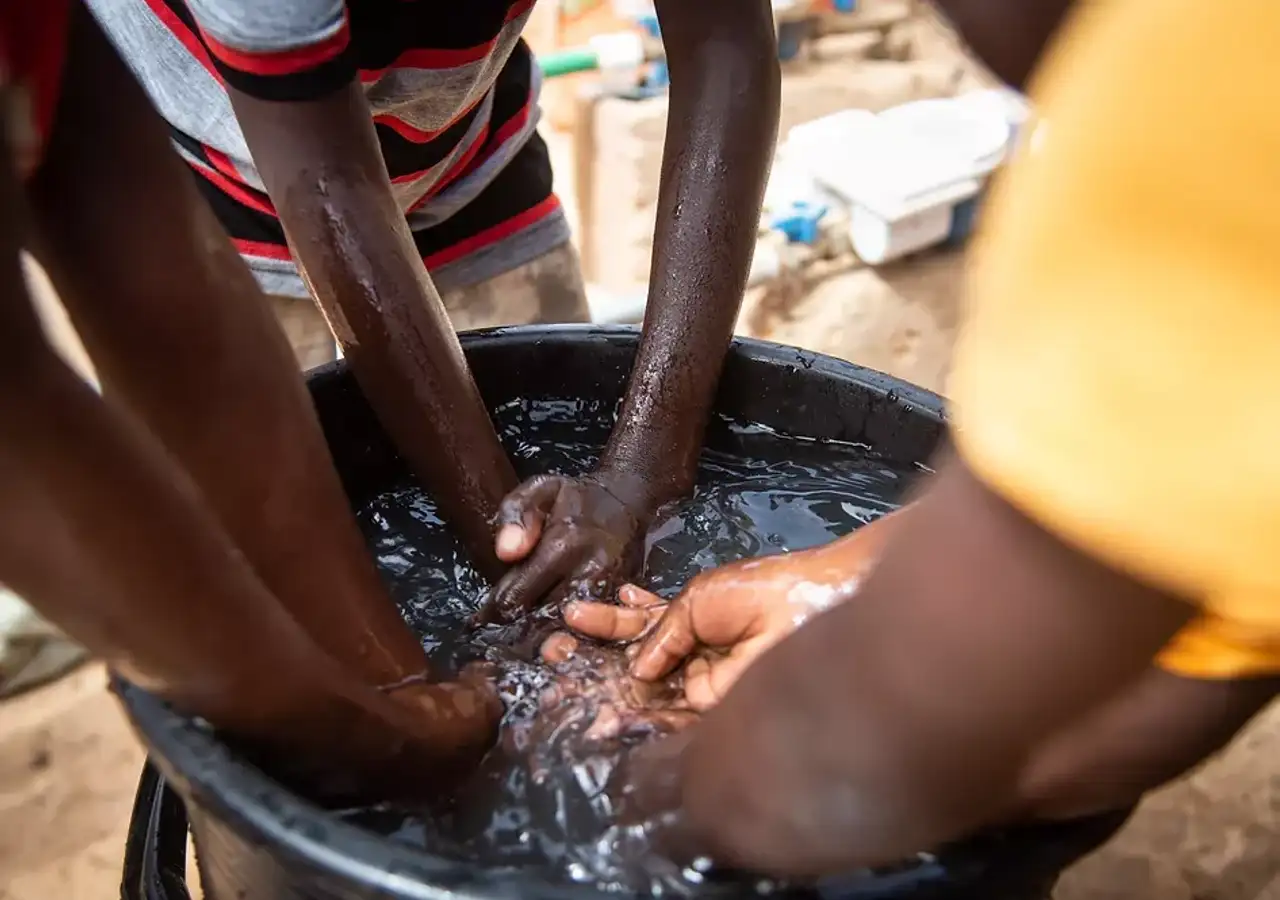
The Innovation
CityTaps’ core product is a three-part inter-related solution: (i) a prepaid connected smart water meter, which measures and sends water usage data in real time (ii) a cloud software which the utility can use to view live data, as well as to manage customers (e.g. controlling water supply to a given area at a meter level) and (iii) a mobile payments solution that enables households to load water credits using mobile money.
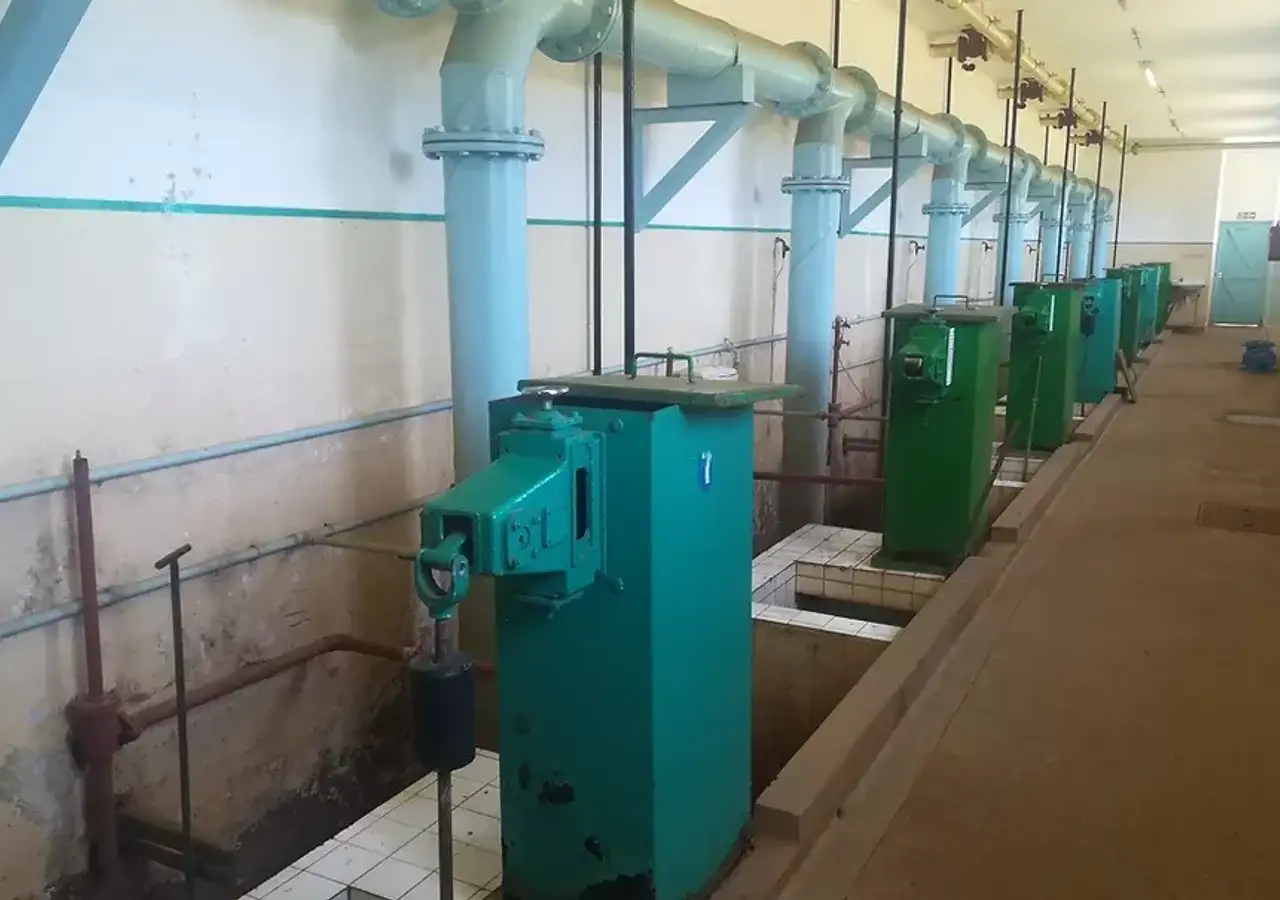
Our Investment
A $500,000 convertible loan commitment as part of Pre-Series A and Series A fundraising rounds. In addition to this, GIF has also provided a c. $30k line of credit to CityTaps. GIF's investment has enabled CityTaps to deploy meters, mainly across Sub-Saharan Africa. The CityTaps team anticipates a reduced cost of goods sold, and the ability to develop innovative financing partnerships; in addition to building institutional capacity and governance best practices in preparation for future expansion.
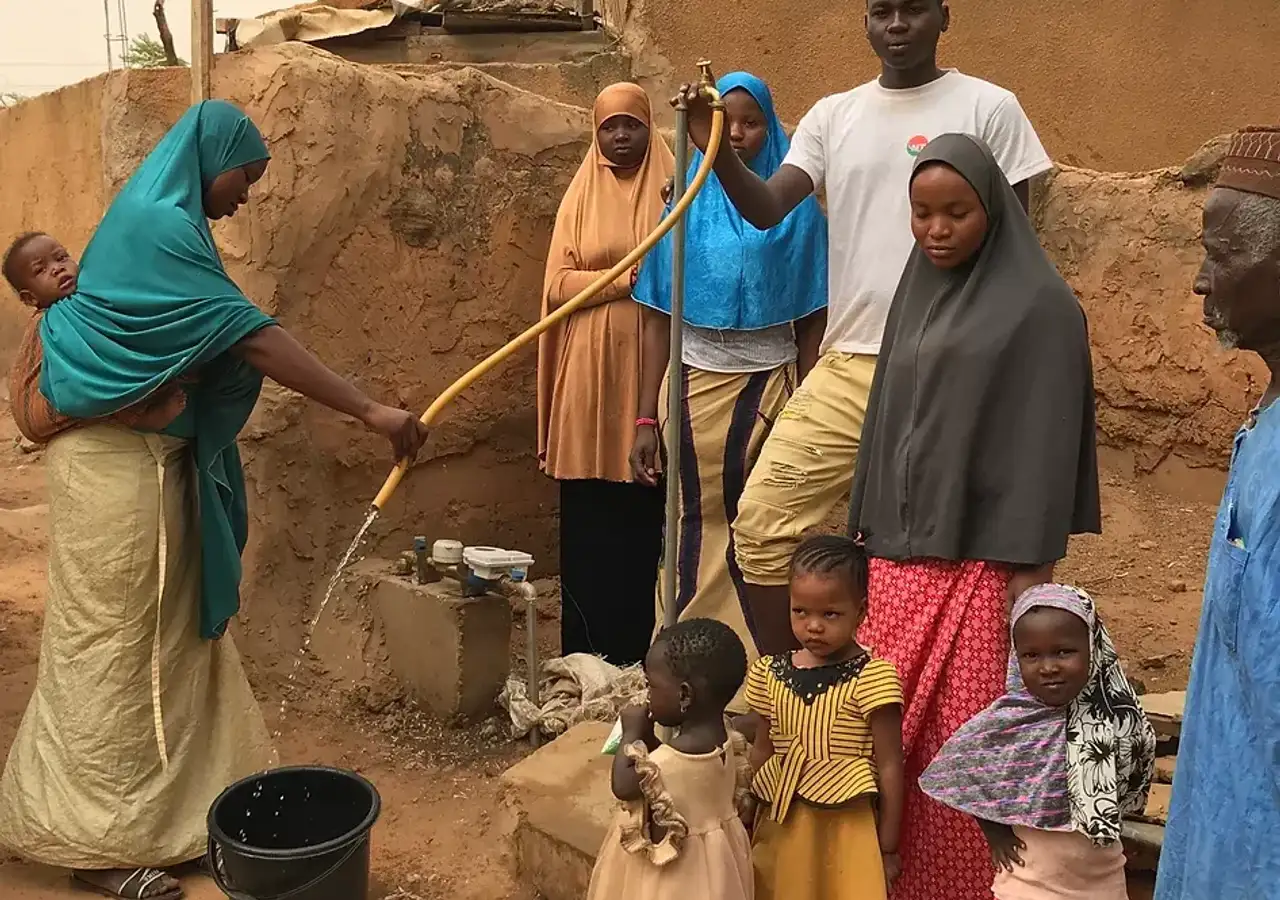
Theory of Change
CityTaps’s metering technology promotes financial sustainability of utilities, allowing them to expand access to poor households and to improve reliability. It also allows poor households to stay connected. Additionally, piped water connections can not only generate substantial time savings and convenience but also contribute to the generation of positive health benefits, particularly by preventing diarrhea and potentially averting child mortality. Furthermore, piped water can have a positive impact on water expenditure as this would be a cheaper alternative to other sources of water.
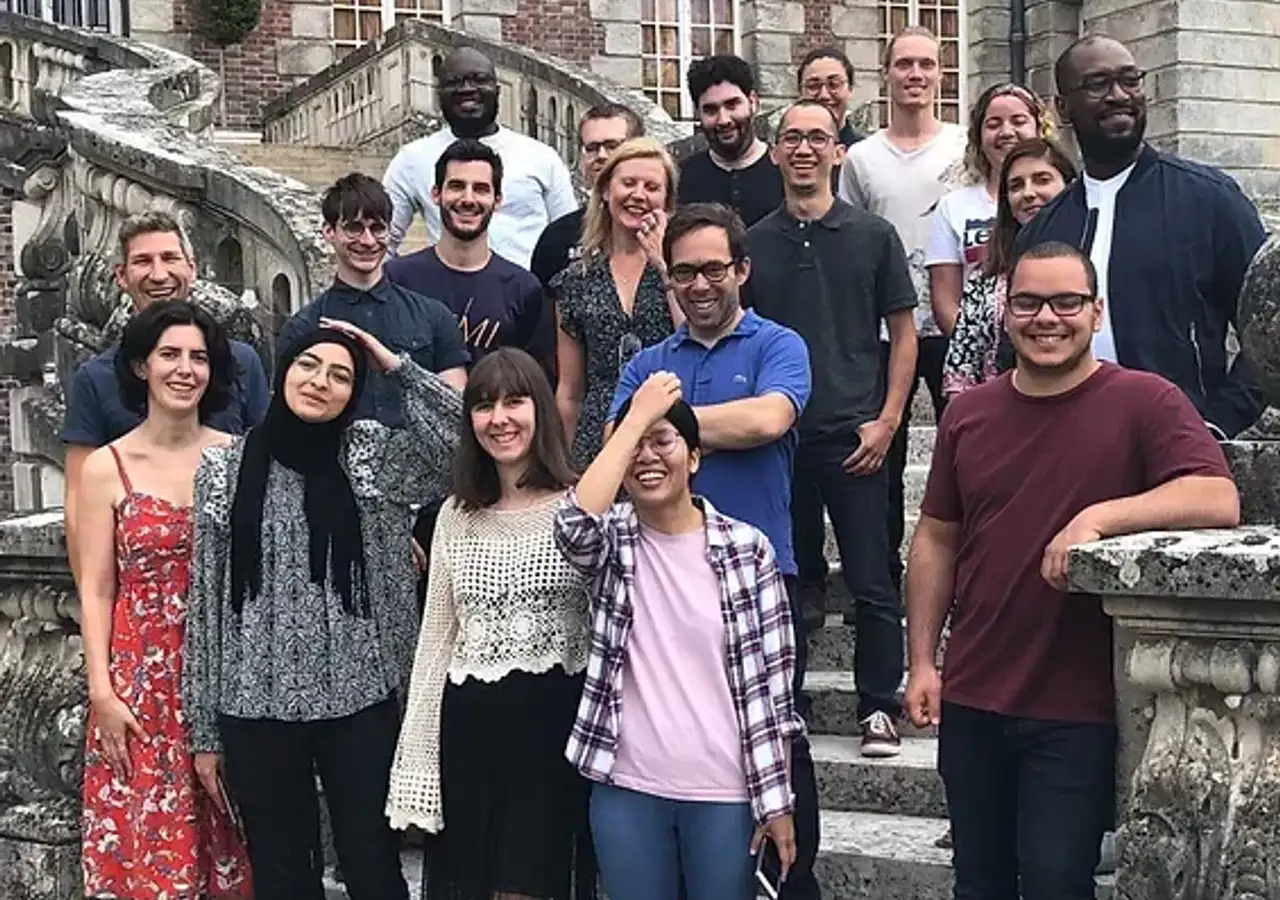
Why we invested
Large impact potential with a specific focus on impact for women, by providing a technology solution to improve efficiency in existing water distribution networks and improve access as well as reliability, especially for those living on less than $5 per day.
Significant potential to scale through partnerships with leading water utilities in Niger and other African countries by offering a clear value proposition around improved efficiencies.
A strong management team led by Grégoire Landel who has 20+ years of water sector experience.
Innovative technology with positive industry endorsement from GSMA, Isle Utilities, and Veolia.
CityTaps in numbers
Poor consumers benefited so far
Savings in water bills per month for subscribers
Minutes on average saved per day per household
CityTaps Impact Brief
Over 1 billion people living in cities worldwide lack access to running water in their homes, and a significant number of the 3 billion people in developing countries with basic water connections experience extended shortages, either because of failure to pay and/or general water utility mismanagement. All of these individuals suffer adverse effects from lack of water - whether it be wasted time through having to collect water (especially for women and girls), the cost of accessing more expensive alternatives to running water in their homes, or the health impact of consuming contaminated water.
CityTaps has developed a solution that bridges the gap between water utilities and the urban poor: a pre-payment service that comprises an IOT based smart and prepaid water metre and billing software. Customers use mobile money to pre-pay for running water, at any time, for any amount, while utilities can optimise their collections and minimise wastage and non-revenue water. Running water in the home is substantially cheaper, more convenient, and healthier than any alternative. CityTaps solution has the potential to dramatically improve the lives and well-being of people who do not have access to water in the home.
Use of GIF Funds
<p dir="ltr">GIF provided a $500,000 convertible loan as part of Pre-Series A fundraising round to enable CityTaps to Roll out 10,000 metres as part of an ongoing pilot in Niamey, Niger, as well as to make key hiring arrangements, including business development executives and local teams in emerging markets, and to iterate manufacturing processes to reduce cost of metre production. The investment aimed to help the company achieve these key objectives on the way to larger Series A investment and expansion to new markets.</p>
Objectives
<p dir="ltr">To expand operations to multiple water utilities, reduce non-revenue for water utilities, and improve the quality of service to customers, and reliably deliver piped water to end users, particularly those living under PPP$5.</p>
Impact to Date
<p dir="ltr">CityTaps has deployed over 2,100 CT metres in Niger, Kenya, as well as Ecuador, benefiting over 33,000 poor consumers with an average of 29 million litres of running water at home every month. About 10% of the connections are completely new subscribers connected to water supply for the first time, and another 13% are re-connected users who had been disconnected by the utilities due to outstanding arrears. New subscribers save on average 86 minutes every day and up to $3.14 per KL of piped water compared to other sources. All subscribers also saved an average of 53 minutes per month in bill payment times and $2.81 per month in bills as users immediately get notified by SMS when there is a leak on their plot, thereby avoiding unnecessary consumption. They also avoid paying reconnection fees or overdue surcharges.</p> <p dir="ltr">Before CT’s suite, the water bought was primarily reserved for drinking purposes, with only minimal water reserved for hygiene purposes. With cheaper and easier access to water through the prepaid metres, users report more water availability for hygiene, especially in homes with young children. Households also report the ability to do more laundry, take more showers, and keep their house clean.</p>
Innovating for Climate Resilience
A recent study on the climate resilience of water companies in developing countries demonstrated that climate change over the next ten years will negatively impact water supply for approximately 5.1 billion people, with water quality and affordability most at risk. All water suppliers will face disruption to their supply chain. Climate change manifests both as shock (e.g. increased droughts) and stress events (e.g. depleting groundwater levels), and necessitates that water systems build resilience to guard themselves against potentially devastating effects.
Facing this threat, CityTaps built a three part inter-related solution to address multiple issues faced by developing countries’ urban water utilities in ensuring sustainable water provision: a) A pre-paid connected smart water meter, which measures and sends water usage data in real time; b) A cloud software, which the utility can use to view live data, as well as to manage customers (e.g. controlling water supply to a given area at a meter level); c) Mobile payments which enable households to load water credits using mobile money (and can also have other individuals e.g. relatives or friends pay on their behalf). This not only allows utilities to better manage water supplies when facing stress events, but also to be more resilient to shocks by being more sustainably funded to spring back.